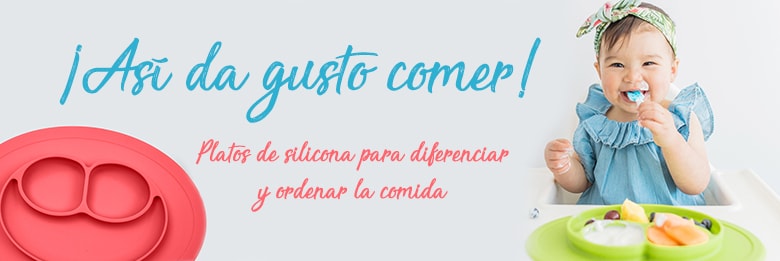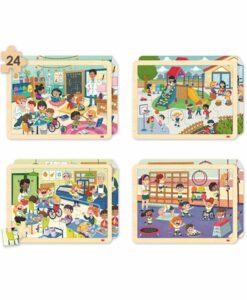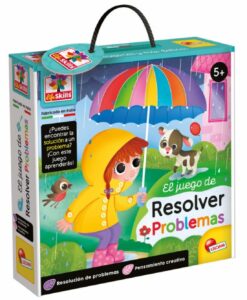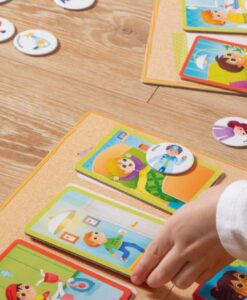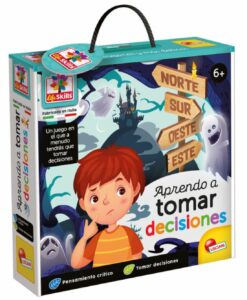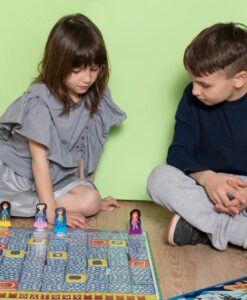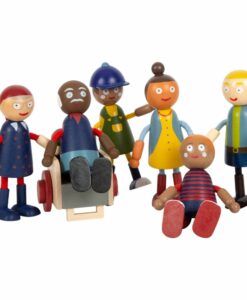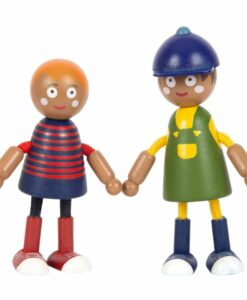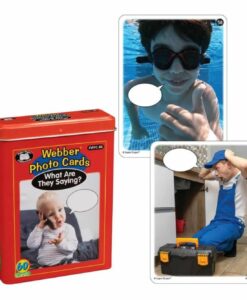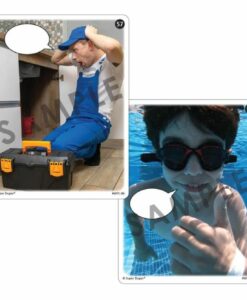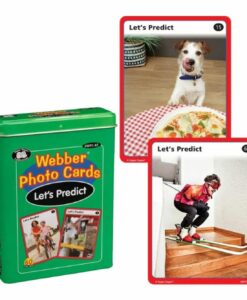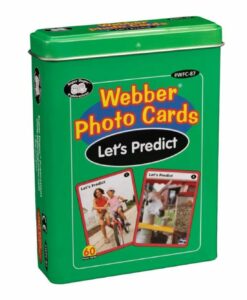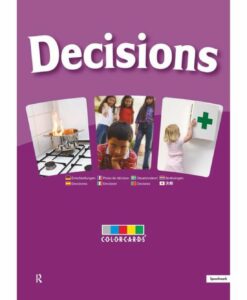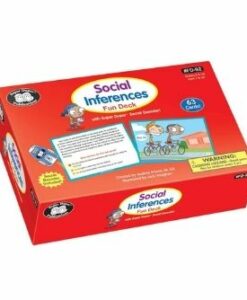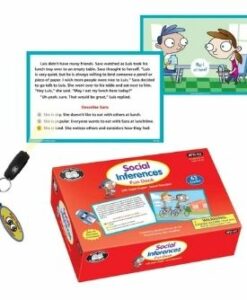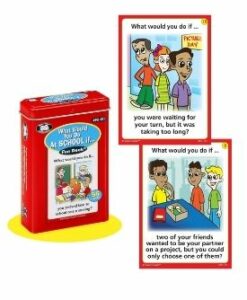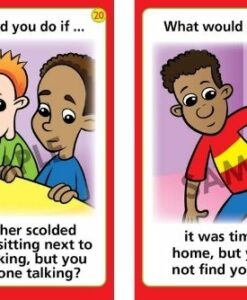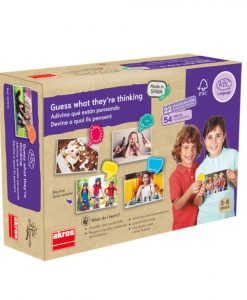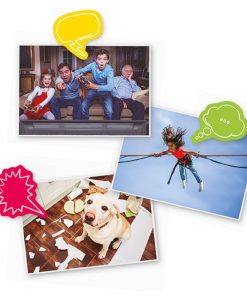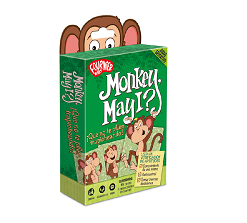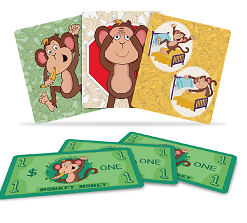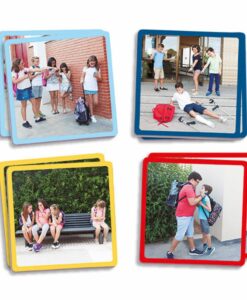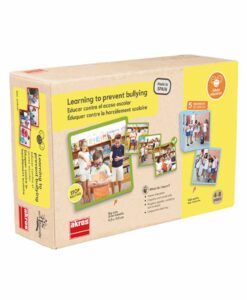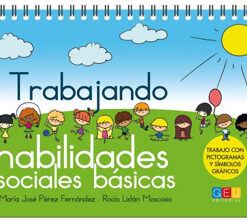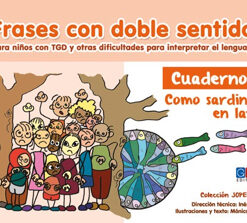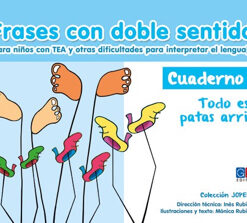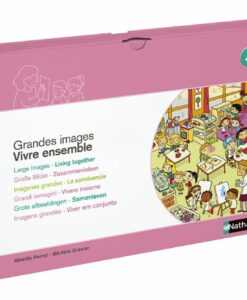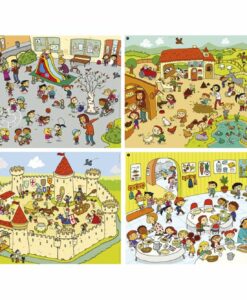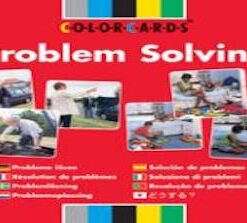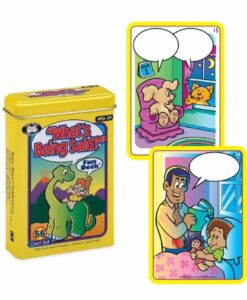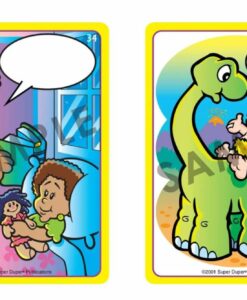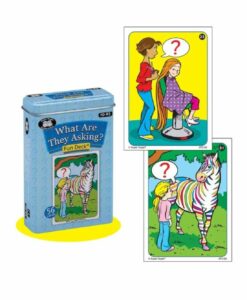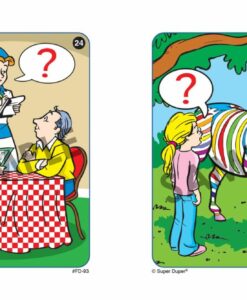Browse Categories
- Orofacial Myology
-
 Myofunctional scanning kit
70,90 € (VAT not included)
Myofunctional scanning kit
70,90 € (VAT not included)
-
- Hygiene and disinfection – covid19
- Language
- Learnings
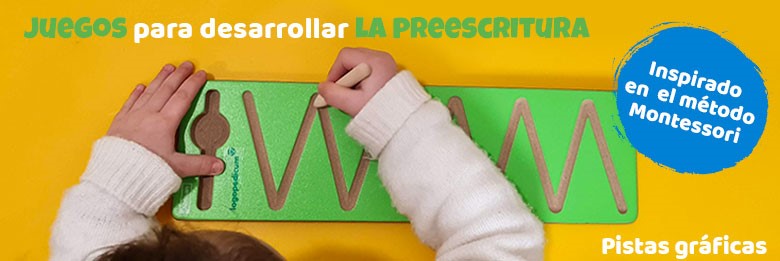
Aprender es modificar o adquirir nuevas habilidades, destrezas, conocimientos, conductas y valores mediante la experimentación, el estudio, la observación, el razonamiento o la instrucción. Múltiples y variados juegos disponibles hoy en día, desde los más clásicos hasta los más innovadores, pueden ser grandes herramientas para construir una variedad de aprendizajes: lectoescritura, matemáticas, razonamiento y resolución de problemas, etc. aportando motivación e interés a los jugadores. Más allá de la estimulación de las inteligencias múltiples, fomentaremos la autoestima, incentivaremos la cooperación y el trabajo en equipo y mejoraremos el comportamiento y la actitud, entre otros muchos aspectos.
- Multisensory stimulation
- Hearing and phonoarticulation
-
 Auditory Memory Caterpillar
29,90 € (VAT not included)
Auditory Memory Caterpillar
29,90 € (VAT not included)
-
- Cognitive and emotional development
- Books
-
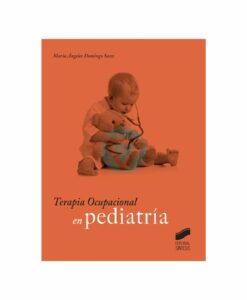 "Terapia ocupacional en pediatría"
24,90 € (VAT not included)
"Terapia ocupacional en pediatría"
24,90 € (VAT not included)
-
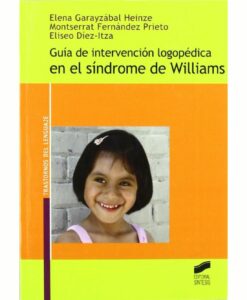 Guía de intervención logopédica en el síndrome de Williams
22,90 € (VAT not included)
Guía de intervención logopédica en el síndrome de Williams
22,90 € (VAT not included)
-
- Special educational needs
-
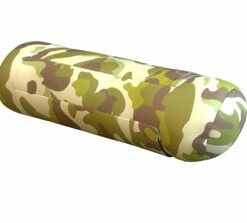 Vibrating roller cushion 3in1 - camouflage
Sold out (VAT not included)
Vibrating roller cushion 3in1 - camouflage
Sold out (VAT not included)
-
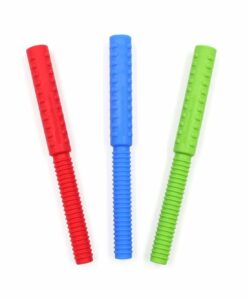 Bite Tube - Textures
9,90 € (VAT not included)
Bite Tube - Textures
9,90 € (VAT not included)
-
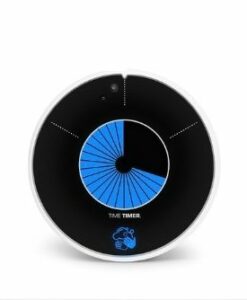 Time Timer Wash - Hands-free
Sold out (VAT not included)
Time Timer Wash - Hands-free
Sold out (VAT not included)
-
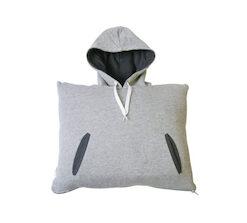 Vibrating cushion sweatshirt
42,90 € (VAT not included)
Vibrating cushion sweatshirt
42,90 € (VAT not included)
DIVERSIDAD FUNCIONAL
-
- More categories



